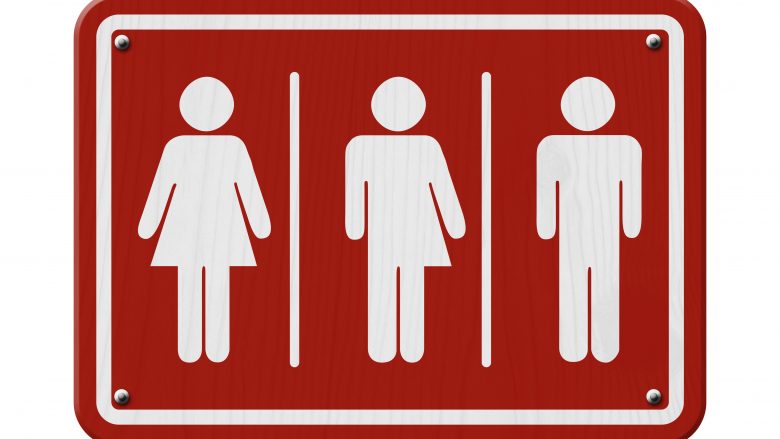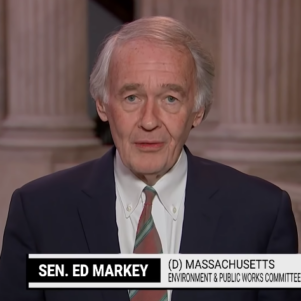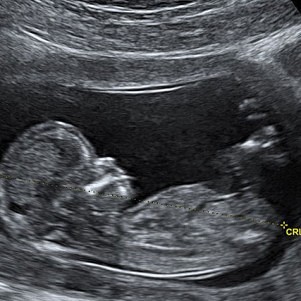High Court Ruling on Abortion Counseling Breathes New Life Into Challenging Bans on ‘Conversion Therapy’
By Matt McDonald | June 27, 2018, 15:14 EDT

Banning licensed mental health therapists from trying to change a minor patient’s sexual orientation or gender identity violates a new U.S. Supreme Court decision in an unrelated case, opponents of the proposed ban said Wednesday.
The Massachusetts House of Representatives is expected to vote on and likely approve a ban on so-called “conversion therapy” today.
But opponents of the ban in Massachusetts are seizing on a portion of Justice Clarence Thomas’s majority opinion yesterday in a pregnancy-counseling case that challenges the reasoning two lower courts used last year to uphold bans on conversion therapy in other states.
“The efforts of therapists and their clients in those cases stalled as judges ruled that the ‘professional speech’ between mental health professionals and the families they serve was not protected by the First Amendment to our Constitution. However, yesterday morning the Supreme Court of the United States said that it is,” said Andrew Beckwith, president of the Massachusetts Family Institute, which advocates for Judaeo-Christian moral principles on Beacon Hill, in a written statement. “… We applaud that ruling, and we welcome the reassuring and common-sense explanation the Court gave for its decision. … The legislature must not be in the business of putting a gag on our counselors.”
A supporter of banning conversion therapy in Massachusetts noted that the U.S. Supreme Court declined to hear two challenges to conversion therapy bans last year.
“The Supreme Court has twice rejected our opponents claims, as recently as last year,” said Carl Sciortino, executive director of the AIDS Action Committee, the public health division of Fenway Health, of Boston, who drafted an earlier version of the bill when he was a state representative, in an email message. “Conversion therapy is dangerous, damaging, and deceives parents into thinking their LGBT children can be changed into something they’re not. That is not therapy, it’s not speech, it’s abuse.”
On Tuesday the U.S. Supreme Court ruled 5-4 that a law in California requiring pro-life pregnancy clinics to notify women that the state offers free and low-cost abortions and to provide a telephone number to get information about abortion violates the guarantee of freedom of speech in the federal constitution’s First Amendment.
The case, National Institute of Family and Life Advocates v. Becerra, does not involve mental health therapists, sexual orientation, or gender identity. But Thomas, writing for the majority, dissociated the high court from three lower-court rulings in 2014 where judges found that speech of licensed professionals does not qualify for the same amount of First Amendment protection as other speech.
Two of the three cases – Pickup v. Brown, in California; and King v. Governors of New Jersey – involved conversion therapy bans. The lower courts upheld them at least partly because they found that state governments have the authority to regulate the speech of licensed professionals as a means of regulating their professional conduct to protect the well-being of patients.
“But this Court has not recognized ‘professional speech’ as a separate category of speech,” Thomas wrote in the pregnancy-counseling case yesterday. “Speech is not unprotected merely because it is uttered by ‘professionals’.”
Thomas noted that the federal Supreme Court “has afforded less protection for professional speech in two circumstances – where a law requires professionals to disclose factual, noncontroversial information in their ‘commercial speech’ … and where States regulate professional conduct that incidentally involves speech …” Both cases he cited on that point concerned state bar regulations governing lawyers’ conduct in soliciting clients.
Thomas noted that abortion is “hardly an ‘uncontroversial’ topic.”
That observation could also apply to conversion therapy. Supporters of it say that homosexuality and transgenderism are harmful, might be changeable in at least some cases, and that children and parents should have change as an option when seeking mental-health counseling. Opponents say same-sex attraction and identifying with a gender that differs from a person’s biological sex aren’t negative, aren’t changeable, and that trying to change them can do damage.
It’s unclear what would happen if the U.S. Supreme Court considered a new challenge to conversion therapy bans. The federal appeals court decisions in 2014 upholding the conversion therapy bans in California and New Jersey stood because the U.S. Supreme Court refused to hear appeals by the pro-conversion-therapy mental-health therapists who challenged the laws.
While Thomas’s reasoning yesterday seems to invite a challenge to the lower-court conversion-therapy rulings, the narrow 5-4 majority in the pregnancy-counseling case included Justice Anthony Kennedy, who announced this afternoon that he is retiring.
Also, in the California pregnancy-counseling case Thomas didn’t shut the door on arguments that professional speech isn’t as protected as other kinds of speech, saying instead that the state and the Ninth Circuit Court of Appeals didn’t provide a compelling rationale for accepting them.
“In sum,” Thomas wrote, “neither California nor the Ninth Circuit has identified a persuasive reason for treating professional speech as a unique category that is exempt from ordinary First Amendment principles. We do not foreclose the possibility that some such reason exists.”











